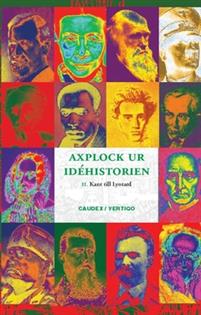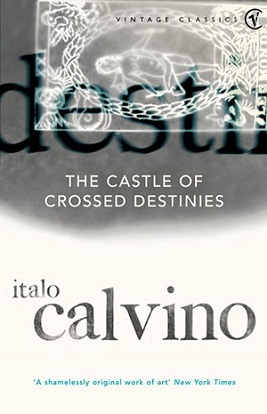I guess the theme so far in 2023 is “reading other people’s books.” I closed out 2022 with The Power of the Dog and then ended up reading Stick (twice! for translation’s sake!) straightaway in 2023, both at the recommendation of a friend. In between those, Axplock ur idéhistorien II arrived on my doorstep—a book I’d promised to babysit for a digital nomad friend who wanted to order it off Adlibris but had no Swedish address to ship to.
And one does not ask me to babysit a book without expecting me to read it.
It’s a tidy little collection spanning just about two hundred years of Western thought, with a focus on the major social ideas that continue to leave their mark on politics today. (This is a polite way to say that a few of the selections are nothing less than noxious.) The selections are abridged when necessary, with context for each selection as well as a short biography of each author:
- Kant, “Answer to the Question: What is Enlightenment?”
- Hegel, “Reason in History”
- Feuerbach, The Essence of Christianity
- Kierkegaard, The Concept of Anxiety
- Marx & Engels, “The Communist Manifesto”
- Gobineau, “An Essay on the Inequality of Human Races”
- Bremer, Hertha
- Darwin, On the Origin of Species
- Mill, “The Subjection of Women”
- Spencer, The Man Versus the State
- Nietzsche, On the Geneaology of Morality
- Freud, Introduction to Psychoanalysis
- “Program of the NSDAP”
- Mussolini, “The Doctrine of Fascism”
- Beauvoir, The Second Sex
- Fanon, The Wretched of the Earth
- Lyotard, The Postmodern Condition
If you took the above table of contents as a reading list it would probably keep you busy for a year, so collections like these with just The Hits and the central theses are great to have on hand and are much cheaper than, say, a first-year philosophy survey course textbook. (Did I keep mine because I knew I would want to revisit it later? Yes. Have I done so? Actually, also yes.) I might buy my own copies of both volumes just to have around for reference, who knows.
Do I have a similar English recommendation? Not really. Passion of the Western Mind has a similar, if broader scope, but it’s entirely a secondary source. I had Ten Great Works of Philosophy in my library for years and kind of wish I still had it.


